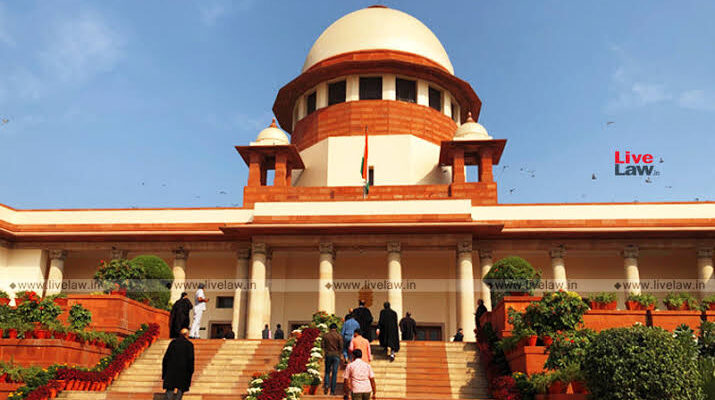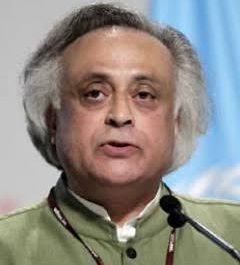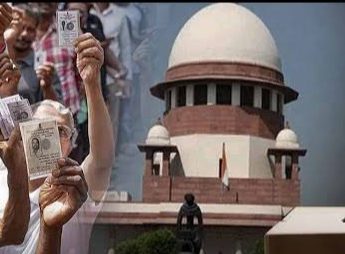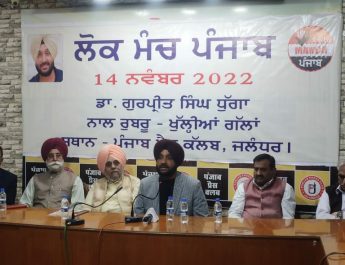From Our Bureau
NEW DELHI: A lawyer on Tuesday told the Supreme Court that the Prevention of Money Laundering Act (PMLA) provisions are too broad to harass the innocent.
A 3-judge Bench headed by Justice A M Khanwilkar, however, affirmed that “bad action does not make a provision bad. In a given case, if it is wrongly applied or used or misused that can always be taken care of by the courts or the forum.” The hearing was inconclusive and continue on Wednesday.
The Bench, also comprising Justices Dinesh Maheshwari and C T Ravikumar, asserted that “the offence of money laundering in the enactment is very broad, veri wide. It is different, not baed on one word or one expression alone.”
It noted that the proceeds of crime is encompassed within the expression of Section 3 of PMLA that says “whosoever directly or indirectly attempts to indulge or knowingly assists or knowingly is a party or is actually involved in any process or activity connected with proceeds of crime and projecting it as untainted property shall be guilty of the offence of money laundering.”
A lawyer, appearing for one of the petitioners, contended that Section 3 has to be read down to say that mere use and possession of proceeds of crime does not tantamount to money laundering.
Brushing aside his argument, the Bench, however, said: “Any activity connected with the proceeds of crime, that may be inclusive of use, it may be inclusive of concealment, it may be inclusive of possession, that is how it has been framed in our enactment.”
“We need to differentiate what is projecting as untainted and what is the mere use of proceeds of crime,” the lawyer said.
To this, the bench observed, “It cannot be a straightjacket. This Act takes all situations into account.” The counsel referred to the Vienna convention while arguing about the origin of money laundering, but the Bench also brushed it aside, saying conventions are not law by itself but the guiding principle to enact a law.
Refusing to focus just on one word alone to understand the provision and interpret it, the Bench asked: “So, what is wrong with the provision, please tell us. Otherwise, we have already heard all these arguments.”
On February 15, the top court had stressed need for a fast investigation if the Enforcement Directorate (ED) comes across an intelligence input indicating huge illegal money laundering since cash travels faster than light.
Solicitor General Tushar Mehta had earlier told the bench that there are over 200 petitions in the matter and interim stays have been granted in several serious cases due to which investigation has been affected. Some of these petitions have challenged the validity of certain provisions of the PMLA.
Some of the petitioners had argued in the apex court that there cannot be “mechanical lodging” of an enforcement case information report (ECIR) as the PMLA requires that there must be some indication of the act of money laundering and projecting the proceeds of crime as untainted.





